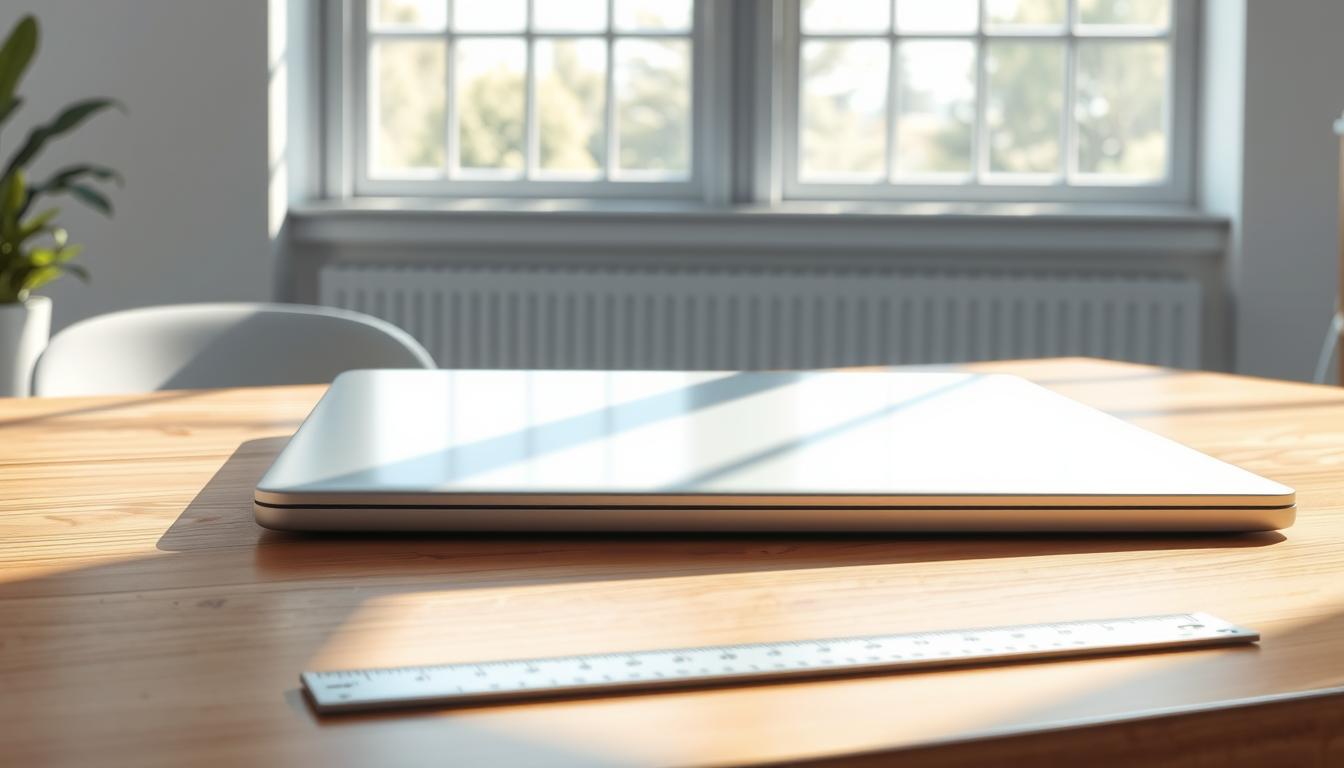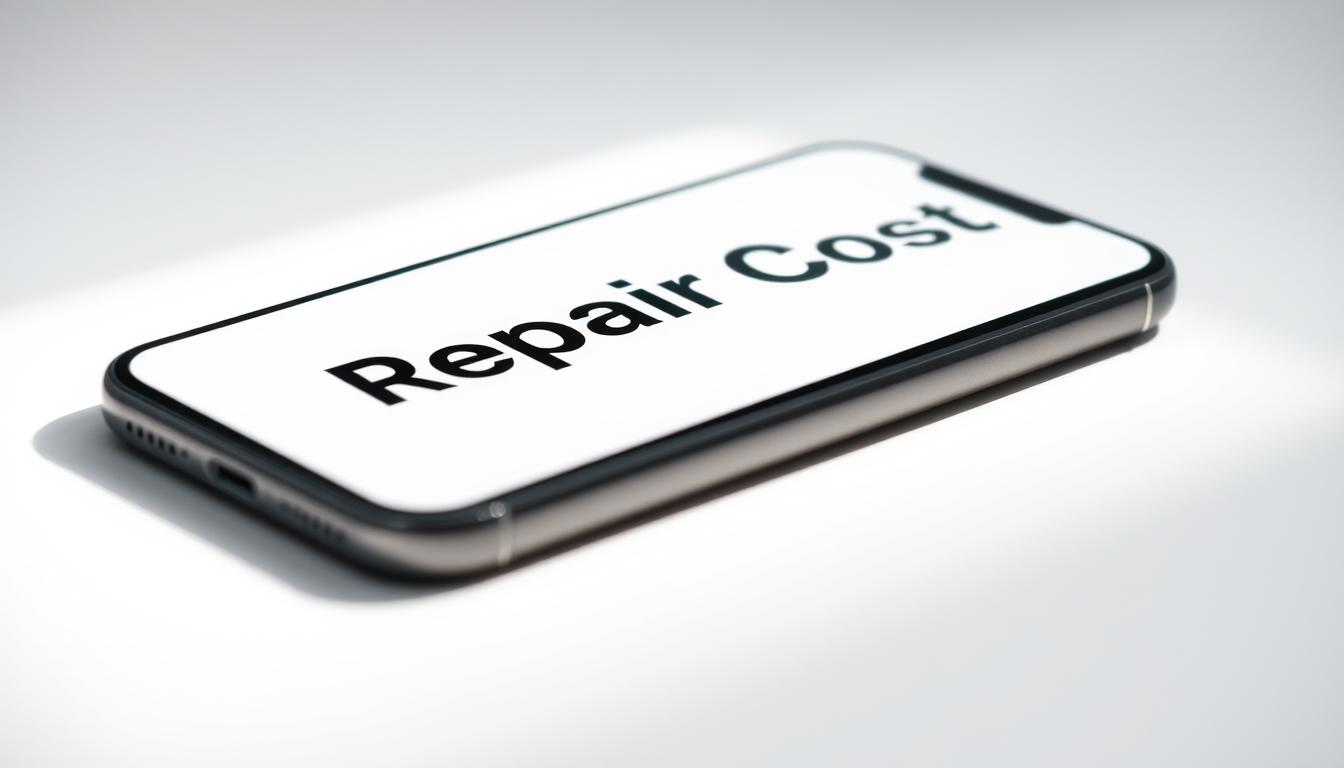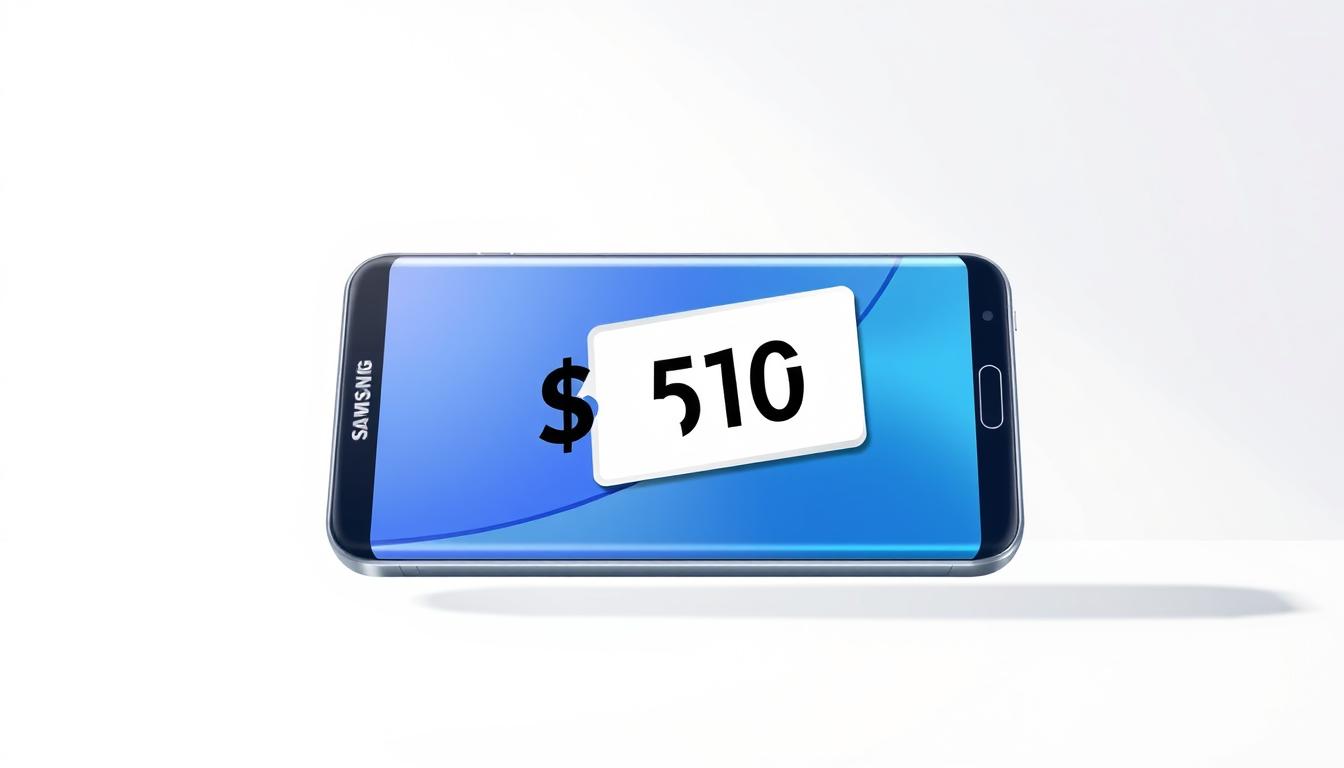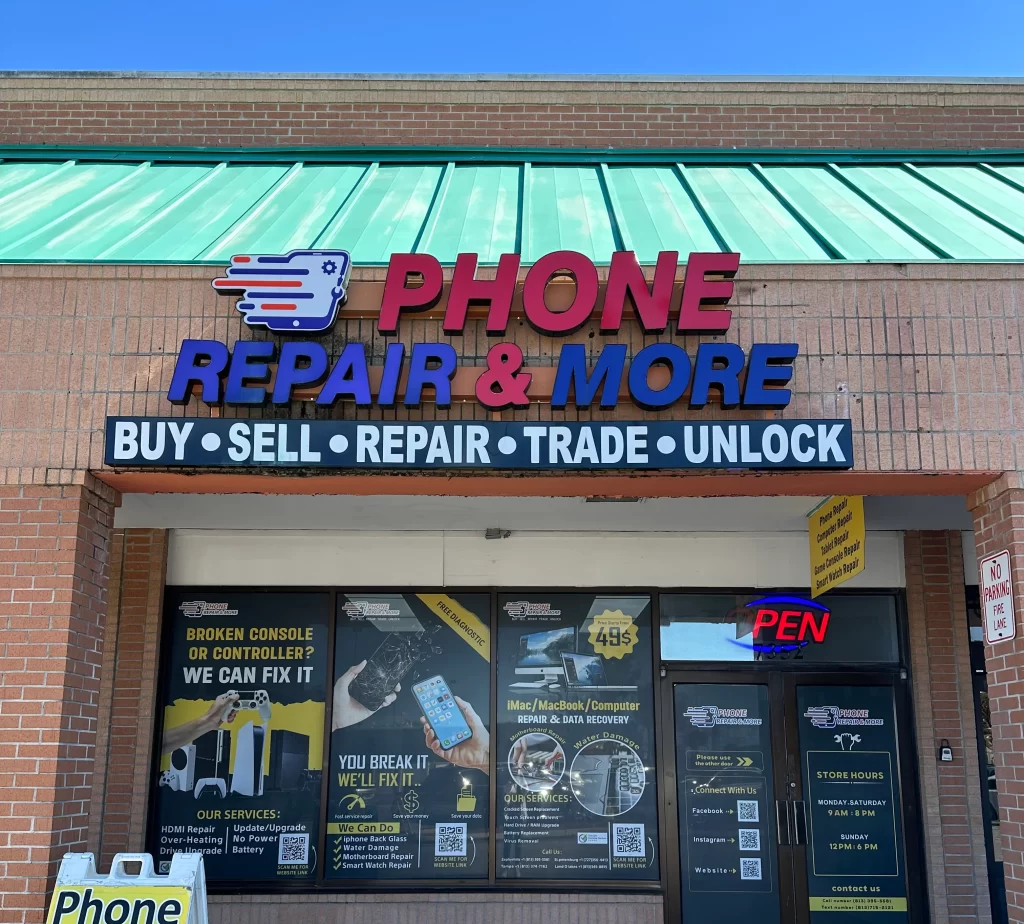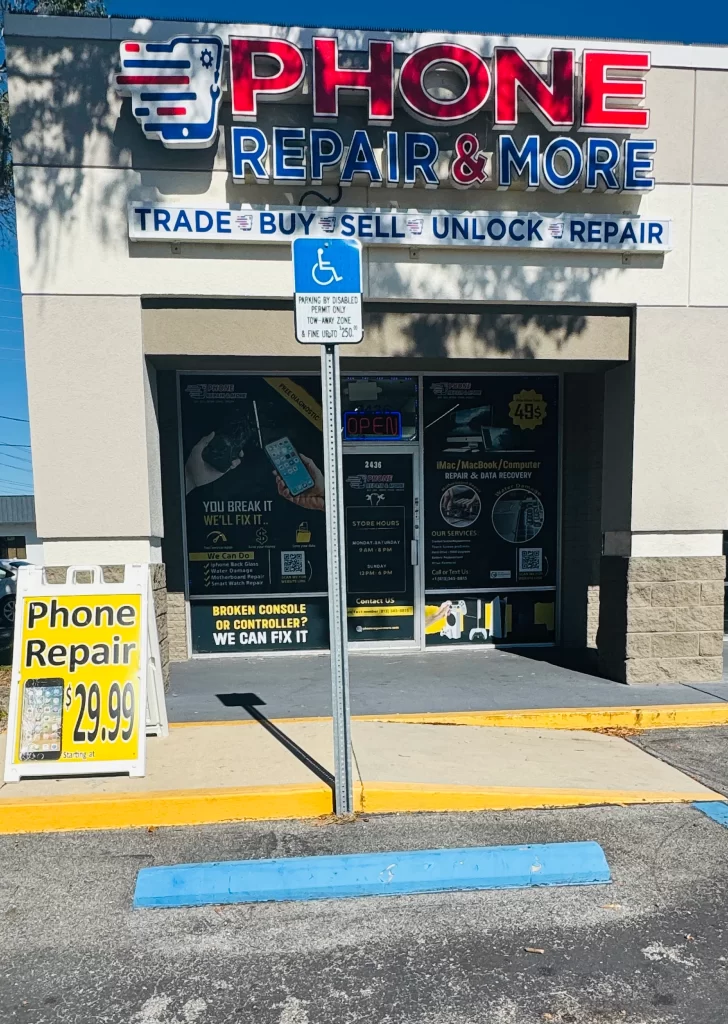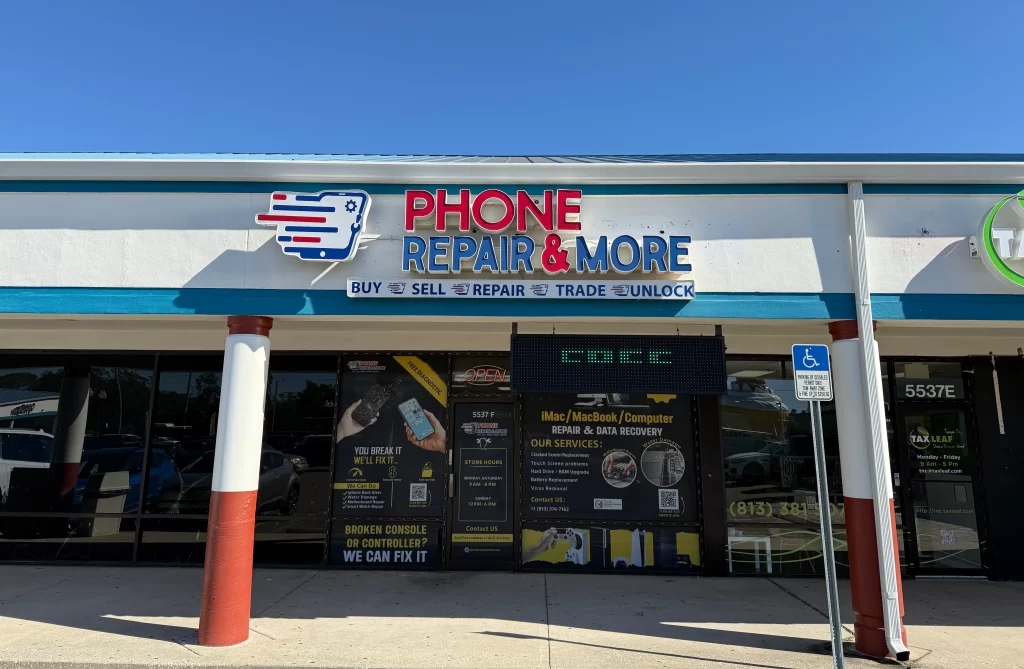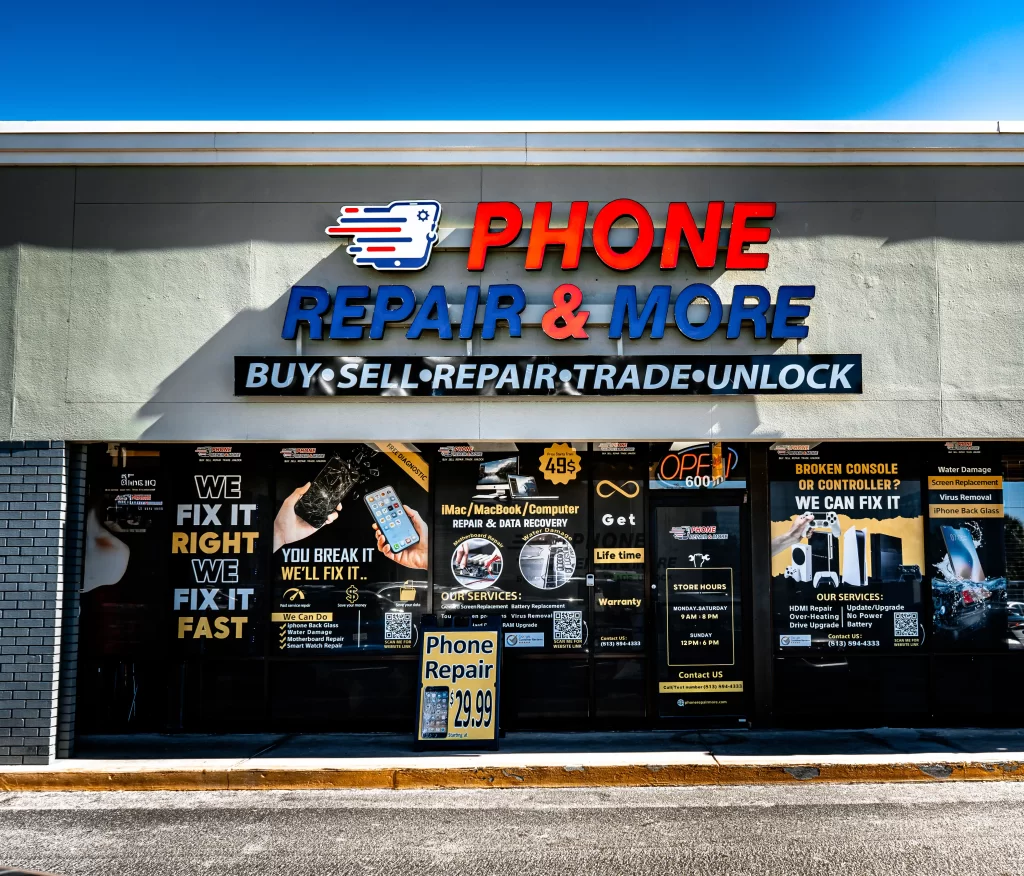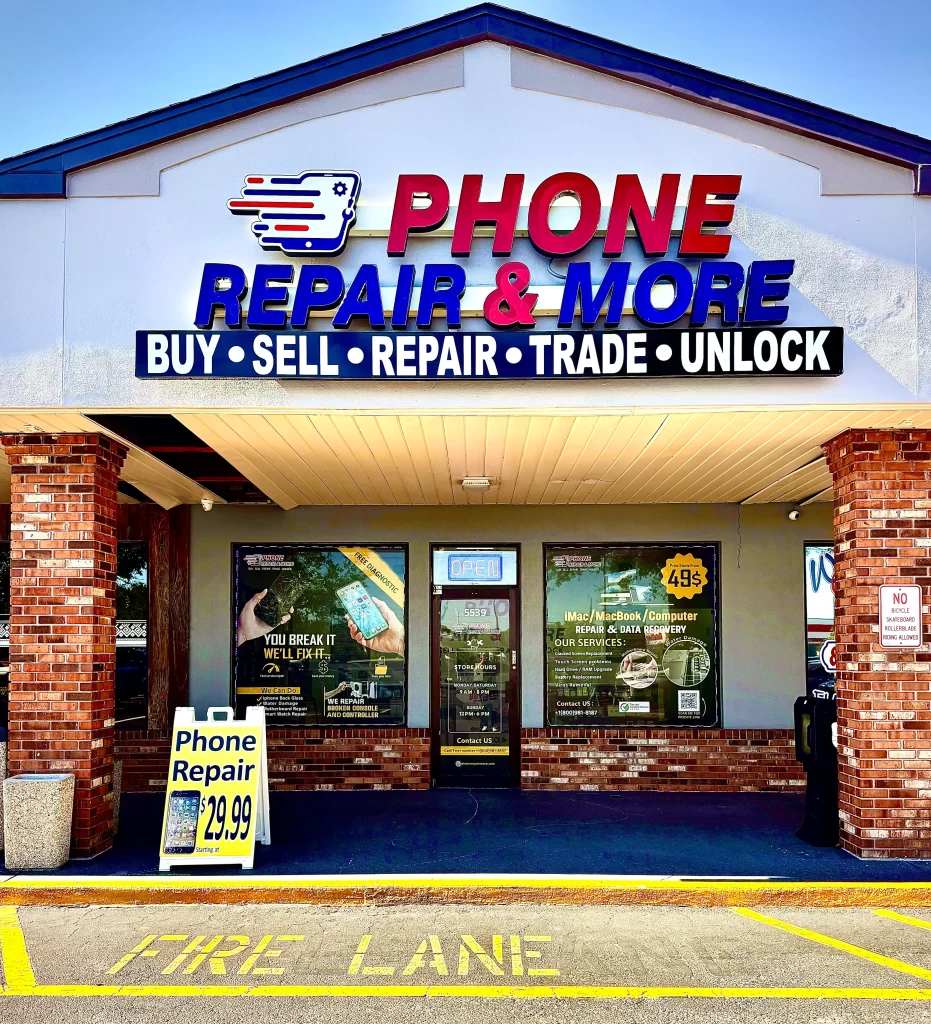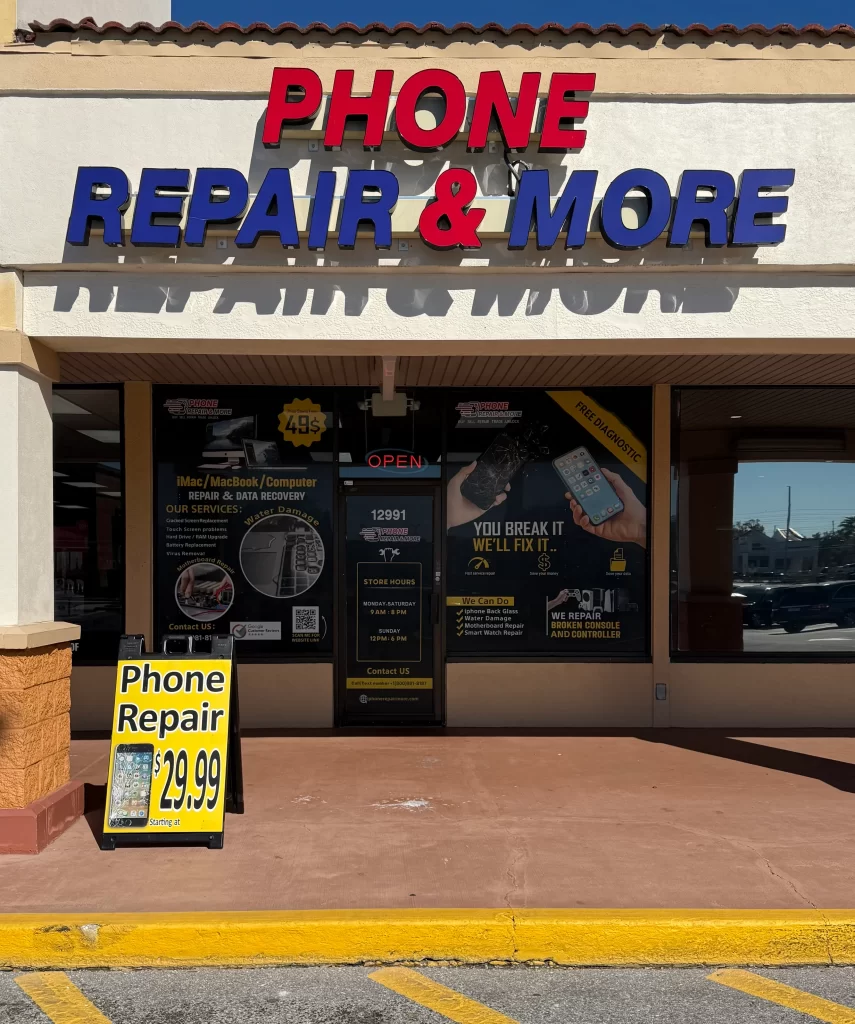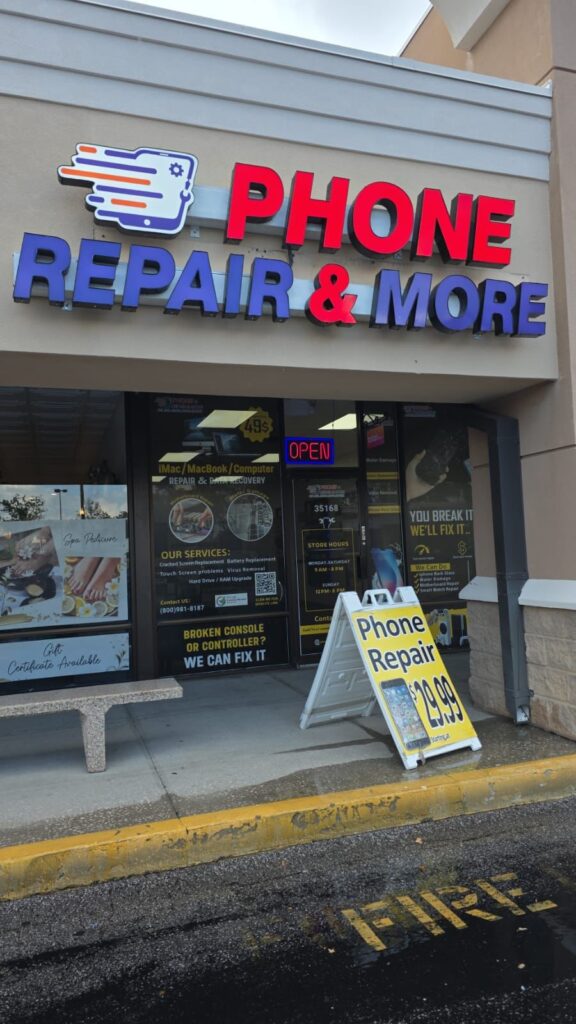When your laptop starts acting up, you might wonder if it's worth fixing or if you should just buy a new one. This guide explores various aspects of laptop repairs, helping you make an informed decision without jumping straight to a conclusion.
Identifying The Issue
The first step in evaluating whether to repair your laptop is understanding the nature of the problem. Common laptop issues fall into three categories:- Hardware Problems: These include broken screens, malfunctioning keyboards, dead batteries, or faulty motherboards.
- Software Glitches: Viruses, malware, corrupted operating systems, or software conflicts.
- Performance Issues: Slow processing speeds, overheating, or frequent crashes.
Weighing Repair Costs Vs. Replacement
One of the biggest factors in deciding whether to repair a laptop is the cost. Here’s a general breakdown:- Low-Cost Repairs: Simple fixes like replacing a battery or adding more RAM are generally inexpensive and can breathe new life into your laptop.
- Moderate-Cost Repairs: Fixing a cracked screen or replacing a hard drive can be a bit more costly. These repairs might be worth it if your laptop is still relatively new.
- High-Cost Repairs: Major repairs such as motherboard replacement or severe water damage repair can be very expensive. In such cases, it might be more practical to buy a new laptop.
Age And Overall Condition
The age of your laptop plays a crucial role in the decision-making process. Laptops typically have a lifespan of 3 to 5 years. Here’s how age factors into the decision:- Newer Models: If your laptop is less than three years old and hasn't had significant issues before, repairing it is usually a smart choice. It allows you to get more use out of your investment.
- Older Models: Laptops older than five years are often not worth repairing unless the issue is minor. As components age, other parts might soon fail, leading to a cycle of repairs.
Performance Enhancements
Consider if your laptop's performance can be enhanced with simple upgrades. Sometimes, slow performance can be fixed with:- RAM Upgrade: Adding more RAM can significantly speed up your laptop.
- SSD Upgrade: Replacing a traditional hard drive with a Solid State Drive (SSD) can drastically improve performance.


